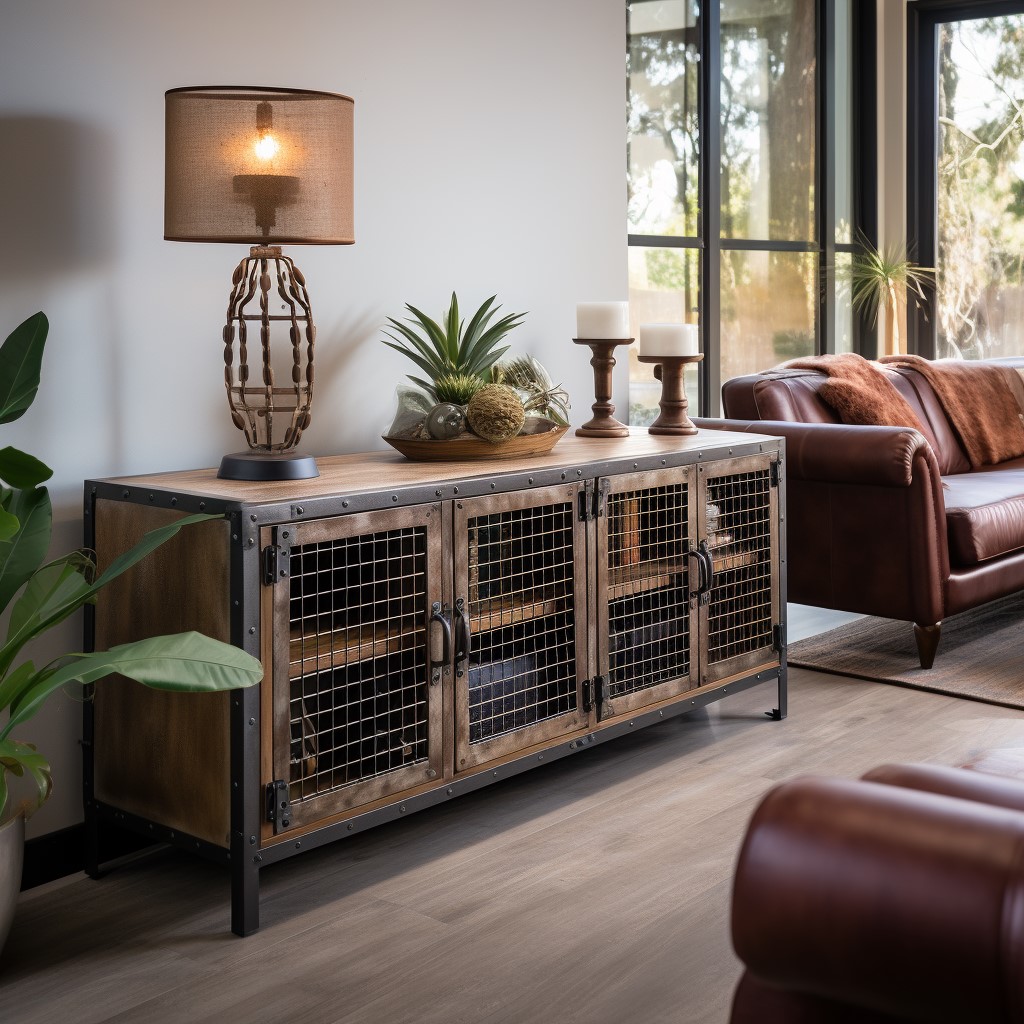Global Vision
Wholesale furniture: Emerging Trends and Market Dynamics
In the world of Wholesale furniture, the landscape is continually evolving, driven by changing market demands, technological advancements, and shifts in global economics. This article aims to unravel the complexities and forecast the future of wholesale furniture, offering readers a panoramic view of this dynamic industry.
Unpacking the Complexities of Wholesale furniture
The Wholesale furniture market is a tapestry of intricate processes and decisions. Key among these is the delicate balance between cost and quality, a challenge for Manufacturers and Wholesalers alike. Sourcing sustainable materials, adhering to ethical manufacturing standards, and managing an efficient supply chain are pivotal in determining market success. The implications of these factors are far-reaching, influencing everything from product longevity to consumer satisfaction.
Evolving Trends Transforming the Wholesale furniture market
As we sail further into the 21st century, the wholesale furniture industry witnesses transformative trends. The surge in e-commerce platforms has revolutionized how furniture is bought and sold, making it more accessible yet more competitive. Additionally, there is a growing consumer inclination towards eco-friendly and sustainably sourced furniture, pushing the industry towards greener practices. These trends, coupled with global economic fluctuations, are reshaping the traditional wholesale furniture marketplace.
Technology: A Catalyst in the Furniture wholesale World
The intersection of technology and wholesale furniture is creating a new paradigm. Innovative technologies like Augmented Reality (AR) for virtual furniture placement and Artificial Intelligence (AI) for customer behavior analysis are enhancing the customer experience. Furthermore, blockchain technology is emerging as a tool for ensuring transparency and authenticity in the supply chain, a critical aspect considering the increasing consumer awareness about ethical sourcing.
Navigating Future Trends in Wholesale furniture
Anticipating the future in a fluctuating market like wholesale furniture requires understanding current market dynamics. Consumer behaviors are shifting towards more personalized and environmentally responsible choices. Global trade policies and economic conditions also play a crucial role. Businesses in the wholesale furniture sector must adapt by embracing digital transformation, prioritizing sustainability, and staying attuned to consumer preferences to remain competitive and relevant.
The Wholesale furniture industry stands at a crossroads of tradition and innovation. Understanding its complexities, embracing technological advancements, and anticipating future trends are key to navigating this ever-changing landscape. For businesses and enthusiasts alike, staying informed and adaptable will be crucial in leveraging the opportunities that this dynamic industry presents.
The Evolving Landscape of Wholesale furniture
1. What Is the Current State of the Global Furniture Market?
The global furniture market, encompassing items like tables, chairs, and sofas, is experiencing growth driven by factors like increased urbanization, the rise in residential and commercial buildings, and a demand for adaptable, portable items with storage. The market is thriving due to the rise in nuclear families and the need for ergonomically designed items.
2. How Has the Pandemic Influenced the Furniture market?
The COVID-19 pandemic drastically altered the furniture industry landscape, with supply chain interruptions and a shift towards optimizing home furniture. The pandemic highlighted the importance of reducing import dependency and enhancing industry automation.
3. Why Is E-Commerce Growing in the Furniture industry?
The growth in smartphone usage and internet access has led to a significant increase in online furniture sales. Factors such as easier access to financing for consumer durables and increased awareness of international furniture products have driven this trend.
4. What Are the Emerging Trends in Furniture shopping?
In 2023, key trends include a higher demand for ecommerce shopping, hybrid and omnichannel customer journeys, and catering to millennials’ shopping expectations. These trends reflect the changing shopping habits and preferences of consumers.
5. How Can Wholesale furniture Businesses Identify Their Target Market?
Wholesale furniture businesses can identify their target market through in-store and online surveys, which help understand customer demographics and preferences. This information is crucial for strategic marketing planning in today’s omnichannel environment【27†source】.
6. What Role Does Traditional Advertising Play in Furniture marketing?
Traditional advertising methods like TV and print media still play a significant role in reaching potential furniture buyers. These mediums are effective in putting brands in the minds of potential buyers and reaching shoppers who haven’t fully embraced digital platforms.
7. How Can Social Media Enhance Furniture marketing?
Social media platforms are crucial for engaging with potential customers and building brand relationships. These platforms allow for targeted marketing and customer engagement, which is essential for connecting with different demographic groups.
8. Why Is a Strong Online Presence Essential for Furniture retailers?
A well-designed website is essential for furniture retailers, as most customers research online before purchasing. An attractive website with easy navigation and updated content plays a key role in attracting and retaining customers【31†source】.
9. How Can Furniture Retailers Enhance Customer Retention?
Furniture retailers can enhance customer retention through personalized engagement strategies and leveraging social media. Inviting customers to participate in surveys or to share photos showcasing products in their homes are effective strategies.
10. What Technologies Can Optimize Furniture business management?
Adopting Product Information Management (PIM) technology can optimize furniture business management by efficiently handling data and content. PIMs ensure quality data creation for internal use and multichannel distribution.
Global Vision Direct is a B-Corp, the highest sustainability certification anywhere in the world which measures over 150 parameters across 6 fields in order to gauge a company’s sustainable ethos. If this doesn’t convince you, we’ve also worked with the investor bank Goldman Sachs’ 10KSB Program to develop our long-term green strategy and been featured in Forbes for our artisan-centric and communally sustainable business model.
For us, this is not just a passing fad — it is at the very core of what we do. Working at the grassroots level in India gives our work a unique perspective that can be applied to sustainability projects across the globe, and it is in our long-term plans to do just that.
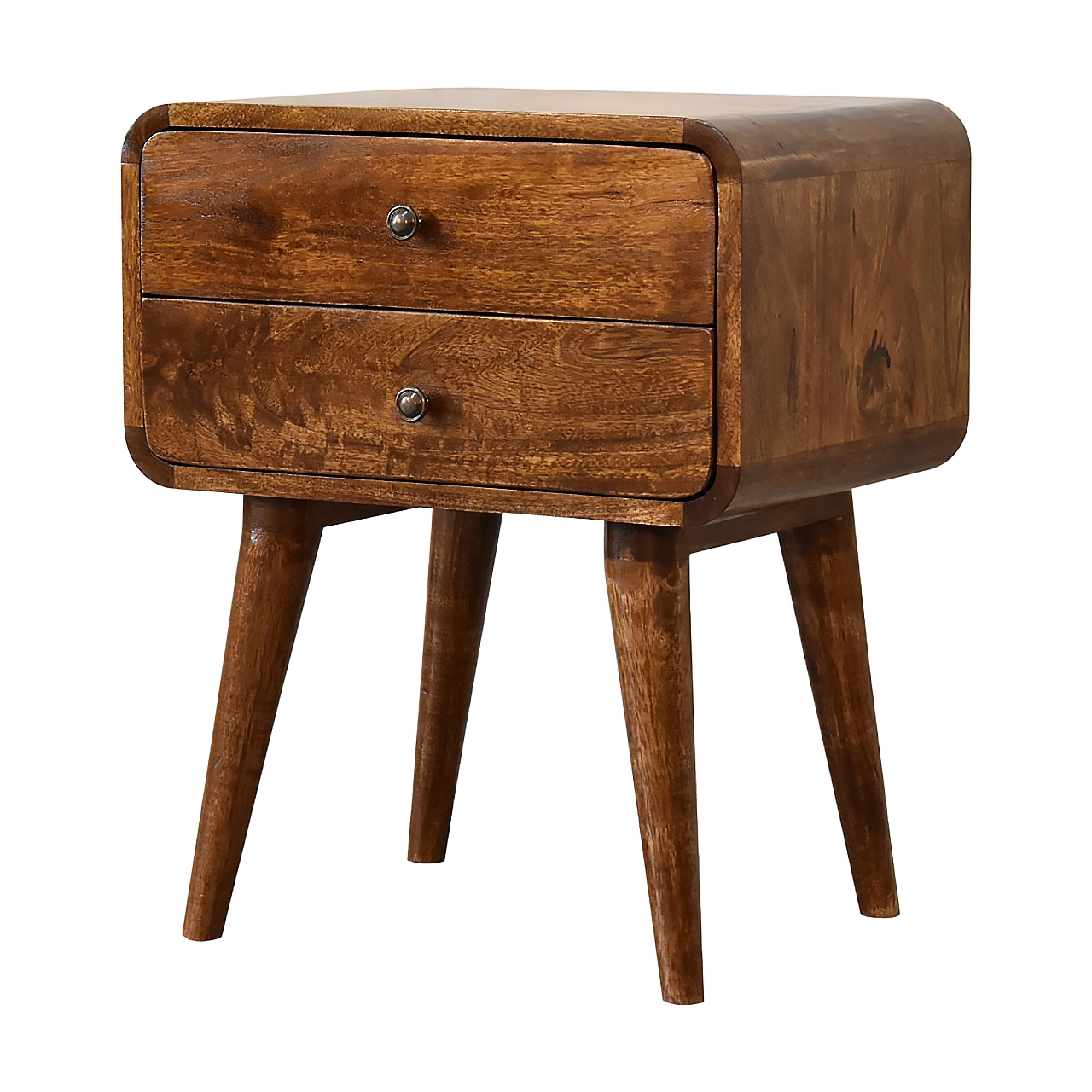
01
Cost-Effective:
Competitive pricing due to lower production costs and convenient MOQ’s
02
Diverse Range:
Wide variety of products covering all spectrum of home furniture products, finishes and timbers
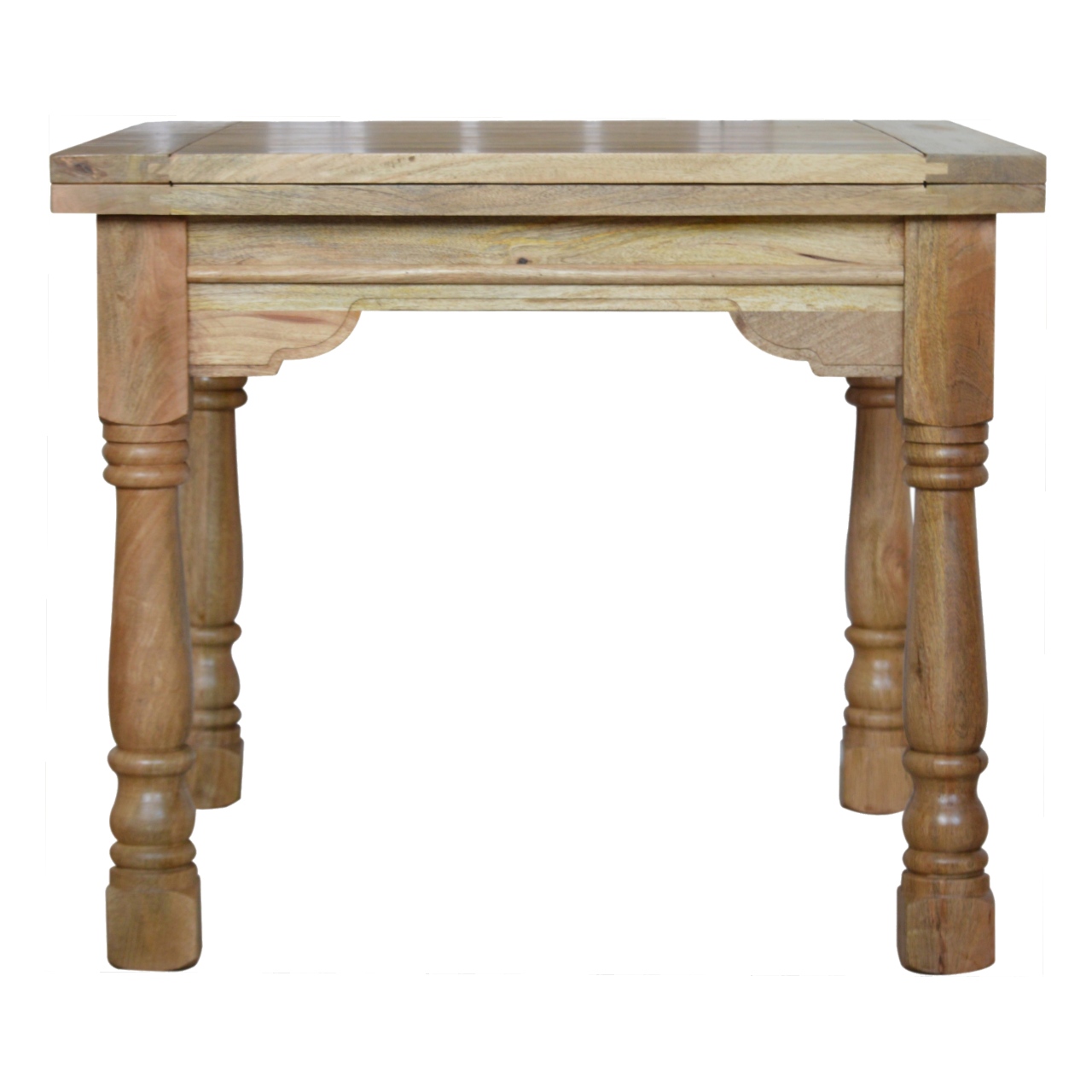
03
Flexible & Customizable:
Adaptable to specific production and design needs
04
Quality Craftsmanship:
Renowned for solid wood handmade quality work backed by third party QC inspection report

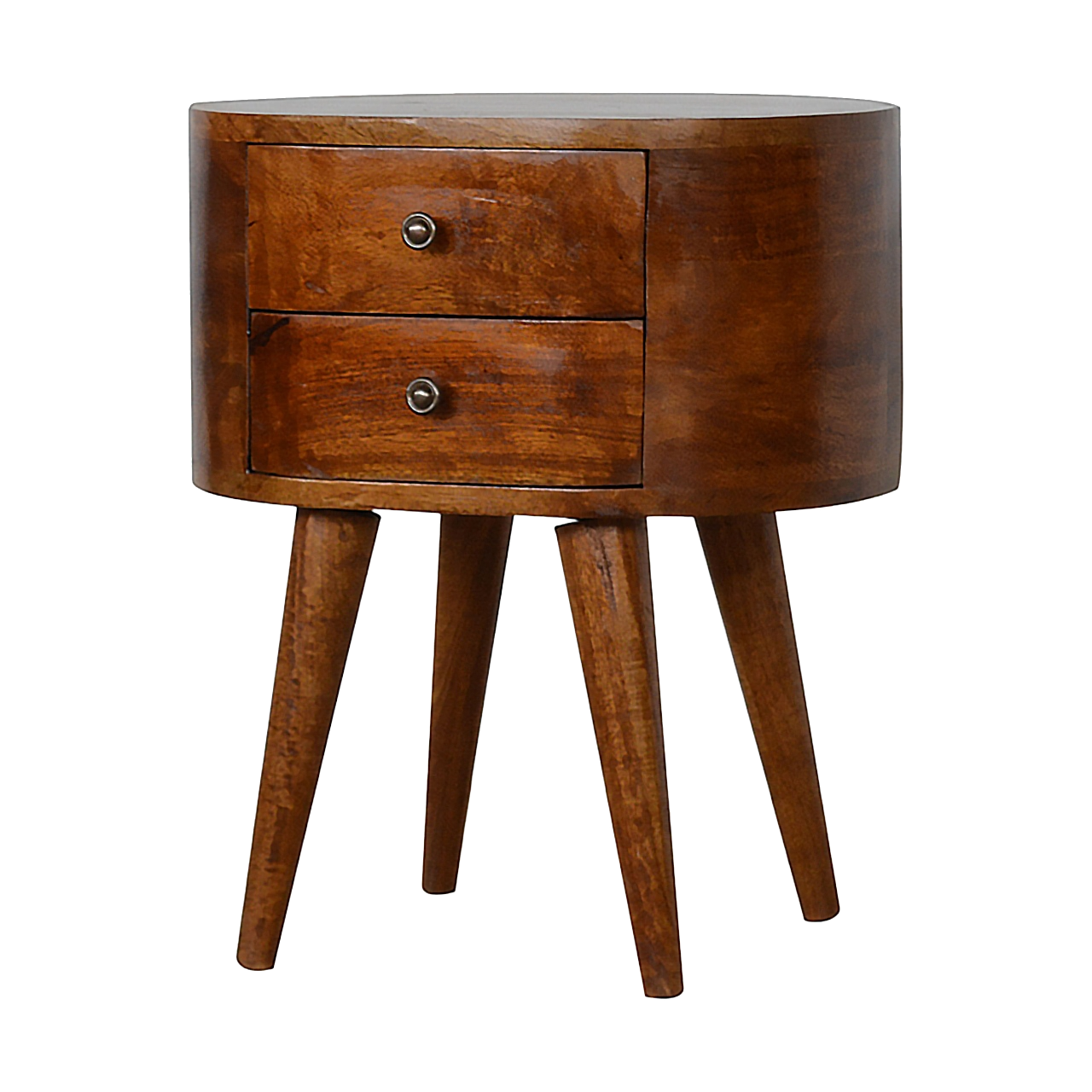
05
Social & Environmental compliance:
Fully compliant on social and environmental aspects including workers, community and customers.
06
Rapid Adaptability:
Quick to adopt global trends and innovations based on trade shows and markets.
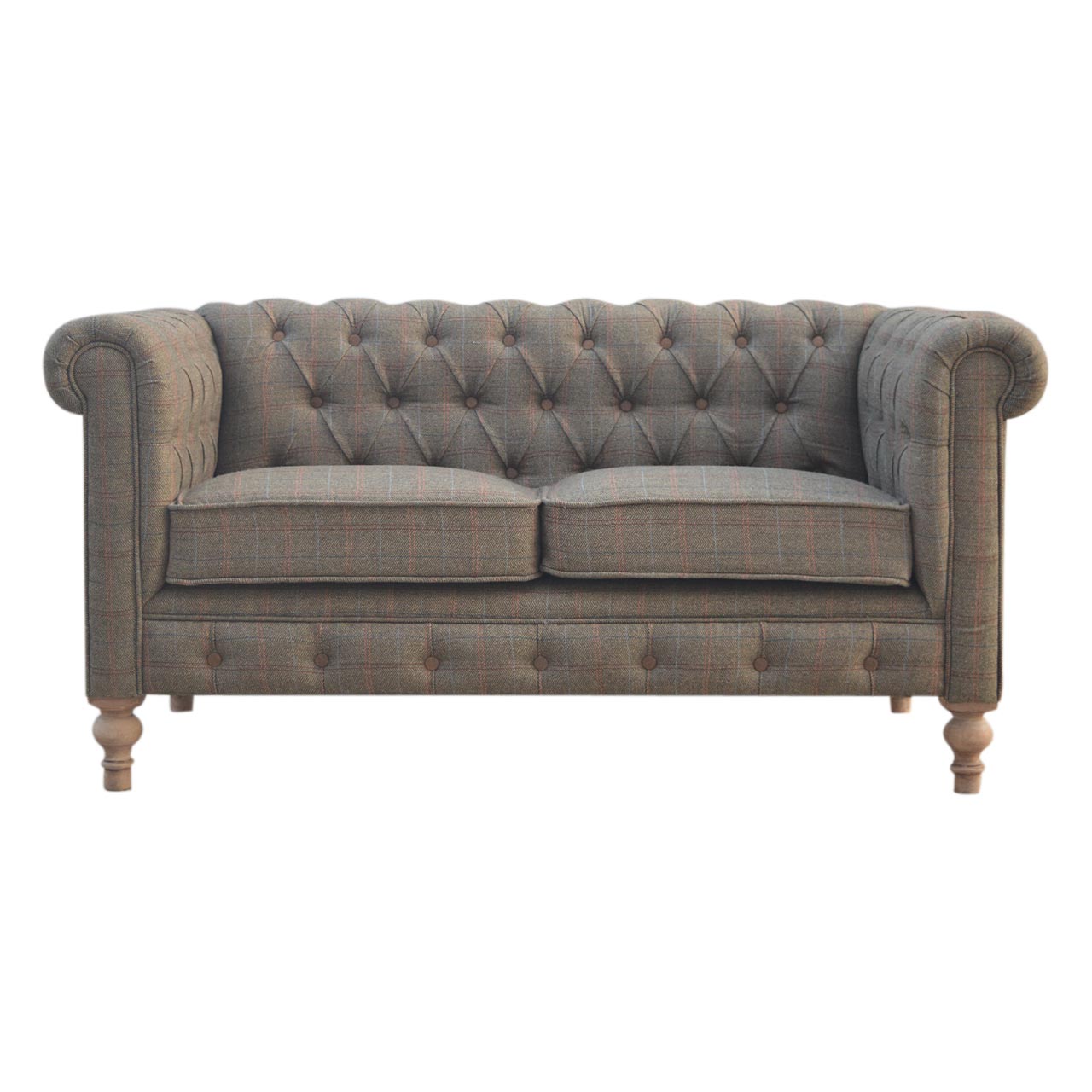
07
Sustainable Practices
Increasing focus on eco-friendly and sustainable production.
08
Transparent Transactions:
Improvements in business transparency and regulatory frameworks and technical compliances






